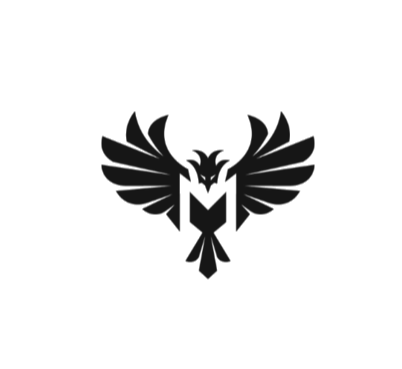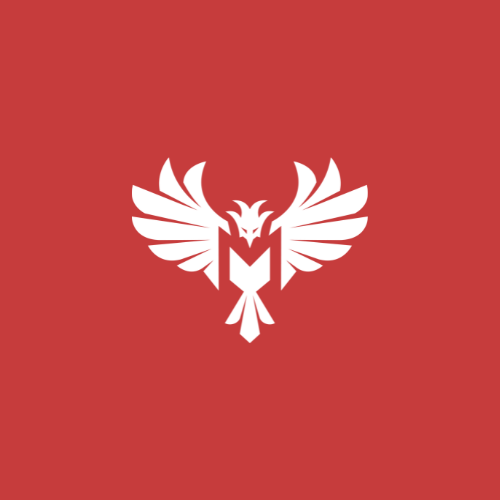
The Hardest and Easiest Arabic Dialects to Learn – A Complete Breakdown
Learning Arabic is an exciting journey, but choosing the right dialect can make all the difference in how quickly and smoothly you progress.
Some dialects are more beginner-friendly, while others are notoriously challenging. In this guide, we’ll rank the hardest and easiest Arabic dialects to learn based on pronunciation, grammar, and vocabulary.
By the end, you’ll have a clear idea of which dialect best suits your learning goals!
What Makes an Arabic Dialect Easier or Harder to Learn?
Before diving into the rankings, let’s look at the key factors that determine the difficulty level of an Arabic dialect:
✅ Pronunciation: Some dialects have sounds that are closer to English, while others feature throaty sounds or complex consonant clusters.
✅ Grammar: Simpler verb conjugations and sentence structures make a dialect easier to learn.
✅ Vocabulary: Certain dialects borrow heavily from English or French, making them more accessible for speakers of those languages.
✅ Resources & Exposure: If a dialect has more learning materials, TV shows, and native speakers willing to teach, it becomes easier to acquire.
The Easiest Arabic Dialects to Learn
1. Egyptian Arabic – The Most Learner-Friendly Dialect
✅ Widely spoken across the Arab world due to Egypt’s media industry.
✅ Simple grammar compared to other dialects.
✅ Tons of learning resources (courses, YouTube, books, movies).
✅ Pronunciation is relatively clear and lacks many complex sounds.
🚀 Best for: Beginners looking for an accessible and widely understood dialect.
2. Levantine Arabic (Lebanese, Syrian, Jordanian, Palestinian)
✅ Soft pronunciation, making it easier for English and French speakers.
✅ Fewer throat sounds compared to other dialects.
✅ More streamlined verb conjugations than Standard Arabic.
✅ Popular in media (Lebanese music, Syrian TV series, etc.).
🚀 Best for: Learners who want a smooth-sounding dialect with a strong media presence.
3. Gulf Arabic (Kuwaiti, Emirati, Saudi, etc.)
✅ Moderate difficulty with some influence from English (especially in the UAE & Qatar).
✅ Similar sentence structures to MSA, making the transition easier.
✅ Many expats and international businesses use Gulf Arabic.
🚀 Best for: Those living or working in the Gulf region who need Arabic for business or daily interactions.
The Hardest Arabic Dialects to Learn
1. Maghrebi Arabic (Moroccan, Algerian, Tunisian)
⚠️ Fast and heavily influenced by French, Berber, and Spanish.
⚠️ Many unique words that don’t exist in other Arabic dialects.
⚠️ Extreme pronunciation differences from MSA, making it harder for learners.
😰 Hardest aspect: Even native Arabic speakers from other regions struggle to understand Maghrebi dialects!
2. Iraqi Arabic
⚠️ Complex pronunciation with throaty sounds and rolled “r” sounds.
⚠️ Unique vocabulary that differs from Levantine or Egyptian Arabic.
⚠️ Fewer accessible learning resources compared to other dialects.
😰 Hardest aspect: The pronunciation and vocabulary can be difficult for beginners.
3. Sudanese Arabic
⚠️ Deep, stretched-out vowel sounds make it tricky to mimic.
⚠️ Distinct grammar and sentence structures that differ from MSA.
⚠️ Not many learning materials available.
😰 Hardest aspect: Lack of learning resources and phonetic differences from mainstream dialects.
Which Arabic Dialect Should You Learn?
Here’s a quick breakdown of who should choose which dialect:
➡️ For Travel & General Communication: Egyptian or Levantine Arabic.
➡️ For Business in the Gulf Region: Gulf Arabic.
➡️ For Studying or Religious Purposes: MSA or a dialect close to it (like Gulf Arabic).
➡️ For Cultural Interest in North Africa: Moroccan or Algerian Arabic (but be prepared for the challenge!).
Final Thoughts
Choosing the right Arabic dialect can make your learning journey much easier and more enjoyable. If you’re a beginner, Egyptian or Levantine Arabic is the best starting point due to its accessibility and widespread use. However, if your main focus is a specific country or region, picking the corresponding dialect will be the most beneficial in the long run.
🔥 Want to start learning the easiest Arabic dialect today?
Download our free Lebanese Arabic eBook and take your first step toward fluency!

Spoken Dialects LLC
600 N Broad St Ste 5
PMB 2111
Middletown, DE 19709
